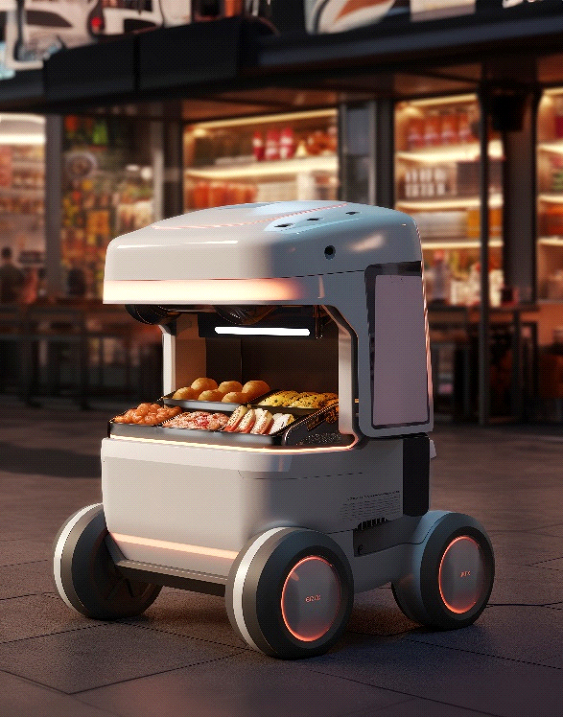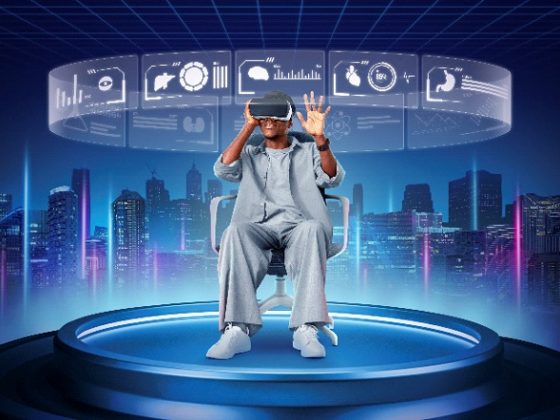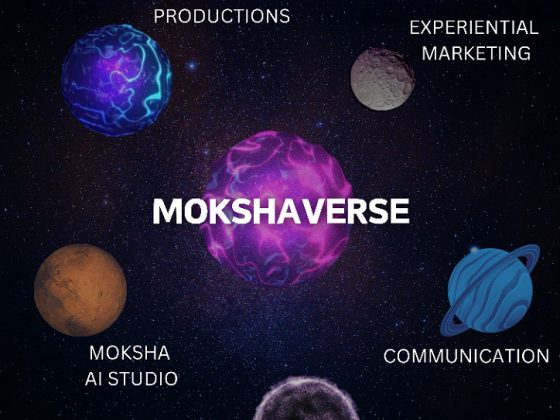Big Data to Deep Personalization: AI’s Leap in Retail Innovation
Retail has always been about understanding consumers, what they want, how they shop, and why they choose one brand over another. In recent years, artificial intelligence (AI) has transformed this dynamic, pushing the boundaries of what’s possible in customer engagement and operational efficiency. Now, the industry is entering a new phase, where AI not only processes vast amounts of data but also creates deeply personalized experiences. This shift is redefining retail, blending technology with a nuanced understanding of human behavior.
At its core, deep personalization is the evolution of using big data to create customer-centric strategies. Unlike traditional methods that group customers into broad segments, deep personalization leverages advanced AI algorithms to deliver highly tailored experiences. These algorithms analyze everything from purchase history and browsing patterns to social media activity and real-time behavior. The goal is to treat each customer as an individual, predicting needs and preferences with uncanny accuracy.
The mechanics of deep personalization rely on machine learning models trained on colossal datasets. These models identify patterns and correlations that would be impossible for humans to detect. For instance, a retailer might use AI to determine that a customer browsing organic baby food is likely to respond positively to recommendations for eco-friendly baby toys. Platforms such as Amazon and Netflix have already set benchmarks in personalization, with algorithms driving 35% of Amazon’s revenue and 80% of Netflix’s viewer engagement through recommendations.
What sets this new wave of AI innovation apart is its ability to operate in real-time. Imagine a customer walking into a store and receiving a notification with a personalized discount on an item they’ve been researching online. Or consider how an AI-powered chatbot can guide a shopper through their journey, offering customized solutions based on previous interactions. These technologies are no longer futuristic; they’re becoming standard practices, thanks to advancements in natural language processing and edge computing.
The importance of deep personalization extends beyond enhancing customer experiences. It’s also a powerful driver of business outcomes. According to a 2023 McKinsey report, companies that excel in personalization generate 40% more revenue from these efforts compared to their peers. Moreover, 71% of consumers now expect companies to deliver personalized interactions, and 76% feel frustrated when this doesn’t happen. Retailers that fail to adapt risk losing their competitive edge in a market where consumer expectations are higher than ever.
One standout example is Starbucks, which has leveraged AI to transform its loyalty program. Through its mobile app, Starbucks collects data on purchase history, location, and even weather patterns to offer personalized recommendations and incentives. This strategy has contributed to a 12% increase in customer spend among loyalty members. Similarly, Sephora’s use of AI in its Virtual Artist tool allows customers to try on makeup virtually, providing a hyper-personalized shopping experience that bridges the gap between online and in-store retail.
However, implementing deep personalization isn’t without challenges. Data privacy remains a critical concern. With consumers increasingly wary of how their information is used, transparency and ethical practices are paramount. Retailers must strike a delicate balance between leveraging data and respecting privacy laws, such as the GDPR in Europe or the CCPA in California. Brands that prioritize data security and clearly communicate their practices are more likely to build trust and long-term loyalty.
AI’s role in retail is also reshaping supply chains. By predicting consumer demand with greater accuracy, AI can optimize inventory levels, reduce waste, and ensure that the right products are available at the right time. This level of efficiency not only boosts profitability but also aligns with growing consumer demand for sustainability. For instance, Zara uses AI to analyze customer feedback and sales data, enabling the company to quickly adapt its inventory and reduce overproduction.
Looking ahead, the future of retail innovation will likely see even deeper integration of AI across touchpoints. Voice commerce, augmented reality, and AI-driven virtual assistants are set to become more sophisticated, further personalizing the shopping journey. As 5G technology becomes more widespread, the speed and efficiency of AI applications will only accelerate, enabling retailers to respond to consumer behavior in milliseconds.
Ultimately, the shift from big data to deep personalization signifies more than just a technological upgrade. It represents a fundamental change in how businesses interact with consumers, moving from transactional relationships to meaningful, individualized connections. Retailers that embrace this change will not only meet but exceed the expectations of a new generation of shoppers, ensuring relevance in a rapidly evolving market.
As AI continues to learn and improve, the possibilities for personalization are limitless. For retailers, this isn’t just an opportunity to innovate, it’s a mandate to stay ahead in an industry where consumer preferences are as dynamic as the technology driving them.









